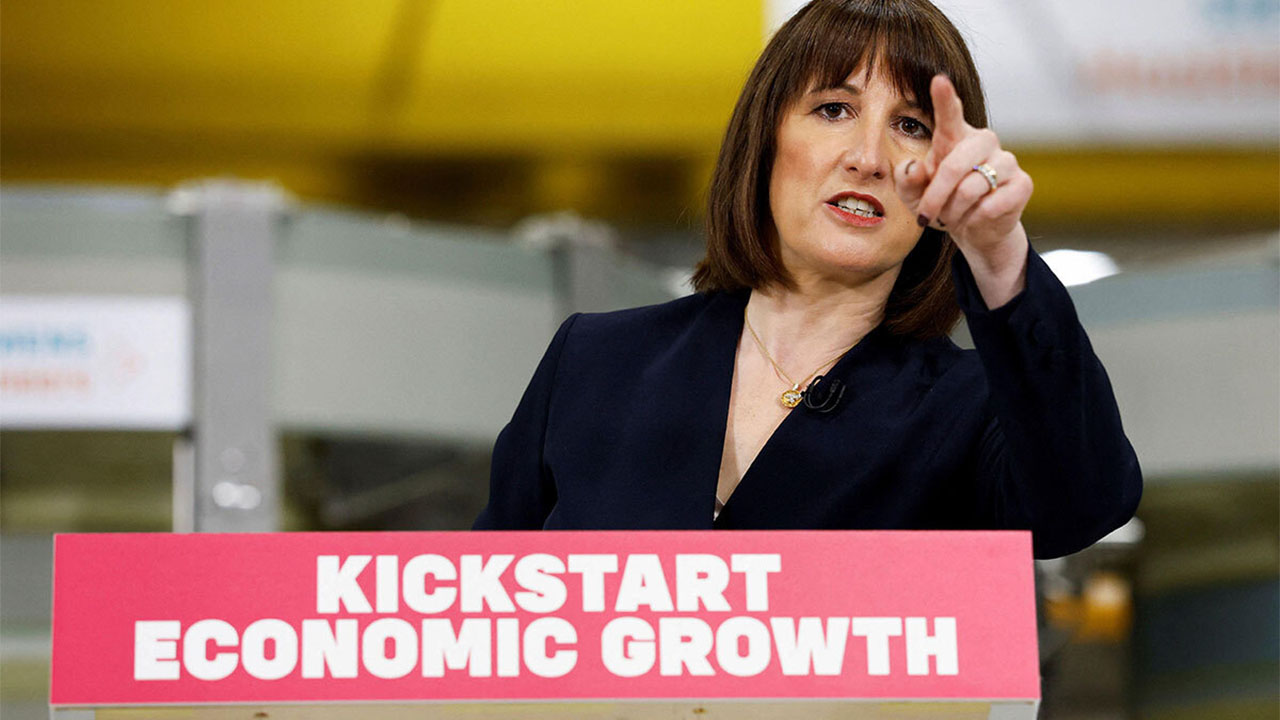Coronavirus (COVID-19) has changed the way we live. Whether it’s personally missing friends and family, or organisations finding themselves shut to the public and left with limited options when it comes to keeping cash coming into the business.
One way businesses have been diversifying is by moving from on-premises sales to online sales through the internet. This change of venue is exciting but fast paced. Businesses can often find themselves rushing forward without consideration of the additional legal steps that must be taken to lawfully sell products to consumers online. Failure to comply can have serious consequences for the business, including risking unenforceable contracts, extended return periods, criminal liability, enforcement action from regulatory bodies and the reputational damage that often follows.
We have set out below our top five key legal hot spots to be aware of when selling online:
- The Right to Cancel
In general, for online sales, a consumer has a 14 day cooling-off period to cancel a contract without any financial penalty and without needing to give a reason for the decision to cancel. However, there are different rules depending on the type of product you are selling. For example, goods, services and digital goods have different rules associated with them when exercising the right to cancel. In short, for goods, the cancellation period ends 14 days after the day on which the goods come into the physical possession of the consumer (or someone nominated to take delivery on their behalf).
For a services contract, or a contract for the supply of digital content which is not supplied on goods or other physical media, the cancellation period ends 14 days after the day on which the contract is entered into. However, these time frames can change and certain exemptions gained under certain circumstances. For example, a consumer must give their express consent before digital content can be downloaded. If no consent is given, the consumer and trader must wait 14 days before supply/download.
A failure to provide or comply with the right to cancel provisions can have serious repercussions. For example, it can invalidate any right to reduce the cooling-off period, any right to seek payment for services provided during this time or even extend the cooling-off period for over a year.
However, it is also important to consider if your business benefits from an exemption from the right to cancel. For example, the right to cancel does not apply to the supply of goods which are liable to deteriorate or expire rapidly, or goods which are clearly personalised (and there are many more exemptions). Therefore, it is worth taking the time to consider whether your product(s) fall within an exemption (before giving consumers information about rights, which they are not entitled to and therefore put your business under unnecessary financial or administrative risk).
- Information Requirements and Pre-ticked Boxes
When selling to consumers, you must provide them with certain information before the contract is concluded. This information includes the name and details of the trader, delivery and refund information, as well as information about the product(s) on sale.
Additionally, if the contract is being concluded by electronic means, the trader must ensure that the consumer, when placing the order, explicitly acknowledges that the order includes an obligation to pay. If placing an order entails activating a button or a similar function, the trader must ensure that the button or similar function is clearly labelled with sufficient wording to show, without doubt, that placing the order entails an obligation to pay the trader (eg BUY NOW). A failure to provide this clear indication of an obligation to pay, puts the contract at risk of being unenforceable because it will not be binding on the consumer.
A trader must also not use pre-ticked boxes which result in the consumer being charged for an item which they did not independently select during the ordering process. For example, if a consumer selects to purchase a digital camera and the trader also charges the consumer for an extended warranty to cover damage to the camera by way of a pre-ticked box, the consumer is entitled to a full refund of the money paid for the extended warranty.
- Delivery and Faulty Goods
As a general rule, delivery of goods ordered online should be within 30 days, unless a longer time period has been agreed with the consumer. A delivery date should be specified before an order is confirmed, or, if no precise date can be given, then an indication of delivery date/period should be provided based on the trader’s anticipated time for delivery. Services should be performed within a reasonable time where a specific date for performance has not been agreed. It is important to inform the consumer about the delivery details, because if the delivery date was essential and the trader does not deliver on time, the consumer could gain the right to cancel and get a full refund.
It is also important to note that a trader is not exempt from the usual standards which are expected from products sold to a consumer at a shop, simply because they are being sold online. For example, there are requirements that the products must be of satisfactory quality and fit for purpose and correspond with their description, as well as providing associated remedies that are available to a consumer if these standards are not met. The Consumer Rights Act 2015, continues to apply for the supply of goods and services online and therefore traders should be aware of their obligations. and what remedies the consumer is able to ask for within the specified timeframes. Such as refund, repair or replacement (depending on what happens to the goods and services or digital content, and when).
It is important to note that, any attempt by a trader to include terms in its consumer contracts which seek to restrict or exclude a consumer’s rights in an unlawful way will not be enforceable and open the trader up to enforcement action.
- Additional Considerations
In addition to the main pieces of legislation which govern the online sale of products to consumers (the Consumer Contracts (Information, Cancellation and Additional Charges) Regulations 2013 and Consumer Rights Act 2015, there is also a raft of other laws which kick-in when supplying products to consumers online. These include:
- the Electronic Commerce (EC Directive) Regulations 2002(such as certain information requirements, presenting a website in a particular way, and ensuring orders are promptly acknowledged)
- Consumer Protection from Unfair Trading Regulations 2008(prevents misleading and aggressive practices, such as saying a product is only available for a limited amount of time when it is not – breaches can result in criminal sanctions, including for directors as individuals)
- Consumer Rights (Payment Surcharges) Regulations 2012(which introduced a ban on excessive surcharges)
- Consumer ADR Regulations(which grant consumers rights to alternative dispute resolution, including through the European ODR platform)
Certain changes may be made to these requirements after the transition period for the UK’s exit from the European Union.
- Never Forget Data Protection!
To save the best for last, a trader must also ensure it complies with applicable data protection legislation when collecting and processing the personal data of users/consumers. Including having in place the required privacy notices to the consumer which allow them to understand what personal data is taken, for what purpose and who else may have access to that data. Failure to comply can have serious consequences for a trader – including investigations, fines and bad PR.









